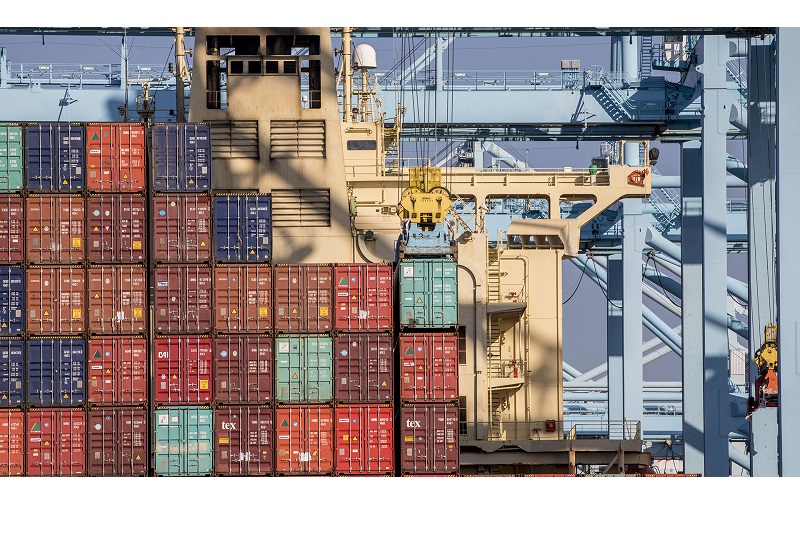
bill targets supply chain issues from west coast port work slowdowns
There have been major interruptions to trade and economic stability as a result of the recent International Longshore & Warehouse Union (ILWU) work slowdowns at West Coast ports. Jim Risch, a Republican senator from Idaho, has introduced a bill in the Senate to address these issues by discouraging labour slowdowns and banning labour unions from obstructing port modernization initiatives. The new legislation, which Senators Ted Budd (R-N.C.) and Mike Crapo (R-Idaho) are co-sponsoring, aims to reform current labour laws and make unions responsible for their activities while highlighting the need of maintaining a strong and effective marine industry.
Background
In addition to worker absences, unfulfilled port orders, decreased productivity, and ensuing backups of ships, containers, and trucks at ports along the West Coast, the labour slowdowns engineered by the ILWU caused a variety of supply chain concerns. Due to conflicts over port automation and other modernization initiatives, the continuing labour contract negotiations between the ILWU and the Pacific Maritime Association (PMA) have been particularly heated.
Bill Provisions
In order to identify maritime employees’ slowdowns as unfair labour practises, Senator Risch’s bill suggests amending both the Labour Management Relations Act of 1947 and the National Labour Relations Act. If the legislation is proven to have been broken, unions could be forced to pay double the amount of harm their labour efforts had already done. The bill seeks to guard against serious disruptions and monetary losses to the economy by modernising labour regulations to discourage and punish slowdowns.
Keep Reading
The Potential Impact
The U.S. Chamber of Commerce calculated that during the recent West Coast port disputes, a work stoppage at ports like Los Angeles and Long Beach could cost the American economy almost $500 million per day, while a strike throughout the whole West Coast might cost up to $1 billion per day. These startling findings show how critical it is to manage labour slowdowns in order to safeguard the US economy’s stability and health.
The bill emphasizes the need to prevent labor organizations from obstructing port modernization efforts. Automation and other advancements are vital for enhancing efficiency, capacity, and competitiveness in the maritime industry. The proposed legislation aims to ensure that unions do not impede or delay these modernization initiatives, which are crucial for maintaining the United States’ reputation in the global economy.
Supply Chain Disruptions
The recent union worker slowdowns had an effect on truckers, freight trains and ocean vessels, as well as the entire transportation sector. Due to a shortage of skilled rail personnel, Union Pacific, for instance, was forced to stop transporting containerized American products to the ports in Los Angeles and Long Beach. Similar to this, purposeful work slowdowns at the SSA terminal in the Port of Seattle hindered the efficiency of labourers tasked with removing containers from ships. As a result, ports around the West Coast were left with goods worth an estimated $5.2 billion.
Political Landscape and Previous Attempts
Similar legislation that Senator Risch had previously introduced in the Senate did not make it to a full vote. However, there is new optimism for legislative accomplishment now that Republicans are in charge of the House. The most recent version of the bill includes clauses that directly target labour unions’ attempts to obstruct port modernization. A union ranking of lawmakers indicates that Senator Risch has one of the strongest anti-union voting histories among Senate Republicans.
Senators Ted Budd and Mike Crapo have joined Sen. Jim Risch in introducing a Senate bill that will address the broad supply chain problems brought on by recent ILWU work slowdowns at West Coast ports. The proposed legislation intends to prevent snags, safeguard the economy, and enable port modernization by modernising labour rules and cracking down on unfair labour practises. Finding a fair solution that protects both the livelihoods of maritime workers and the competitiveness of the United States in the global marketplace is crucial, as evidenced by the ongoing negotiations between the ILWU and the PMA as well as the potential effects of future labour actions.









